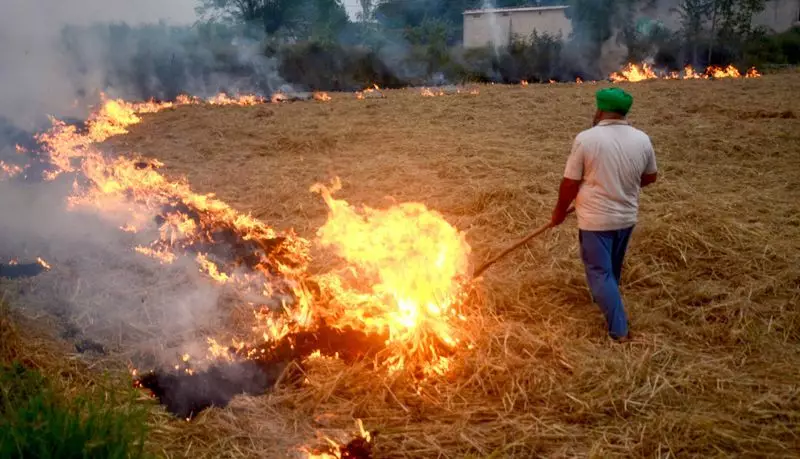
In an unprecedented environmental triumph, Ropar district in Punjab has scripted history by recording zero cases of stubble burning during the recent harvest season. This remarkable achievement marks a significant departure from previous years when the agricultural practice of burning crop residue contributed significantly to air pollution across northern India.
A Model for Sustainable Farming
The district administration's comprehensive strategy has yielded extraordinary results, transforming Ropar into a blueprint for sustainable agricultural practices. Through coordinated efforts between farmers, agricultural experts, and local authorities, the district has successfully eliminated the age-old practice of setting fire to paddy straw after harvesting.
Multi-Pronged Approach to Success
The breakthrough results stem from a carefully implemented action plan that included:
- Extensive awareness campaigns about the environmental and health hazards of stubble burning
- Distribution of modern agricultural machinery for in-situ management of crop residue
- Financial incentives and subsidies for adopting alternative methods
- Regular monitoring through satellite imagery and ground patrols
- Establishment of crop residue management centers across the district
Environmental Impact and Future Implications
This milestone achievement positions Ropar as a pioneer in environmental conservation within the agricultural sector. The complete elimination of stubble burning promises improved air quality, better soil health, and reduced greenhouse gas emissions. The success story offers valuable insights for other agricultural regions struggling with similar challenges.
Farmers in Ropar have embraced alternative methods such as using crop residue as animal fodder, incorporating it into the soil as natural fertilizer, and utilizing specialized machinery like happy seeders and super straw management systems. This shift not only benefits the environment but also enhances long-term agricultural productivity.
A Template for Other Districts
The Ropar model demonstrates that with proper planning, community engagement, and technological support, even deeply entrenched agricultural practices can be transformed. District officials emphasize that this achievement reflects the collective will of the farming community to prioritize environmental sustainability alongside agricultural productivity.
As other districts in Punjab and neighboring states grapple with stubble burning issues, Ropar's success story provides a proven roadmap for achieving similar results. The district's achievement underscores the potential for balancing agricultural needs with environmental responsibility, setting a new benchmark for sustainable farming practices across India.





